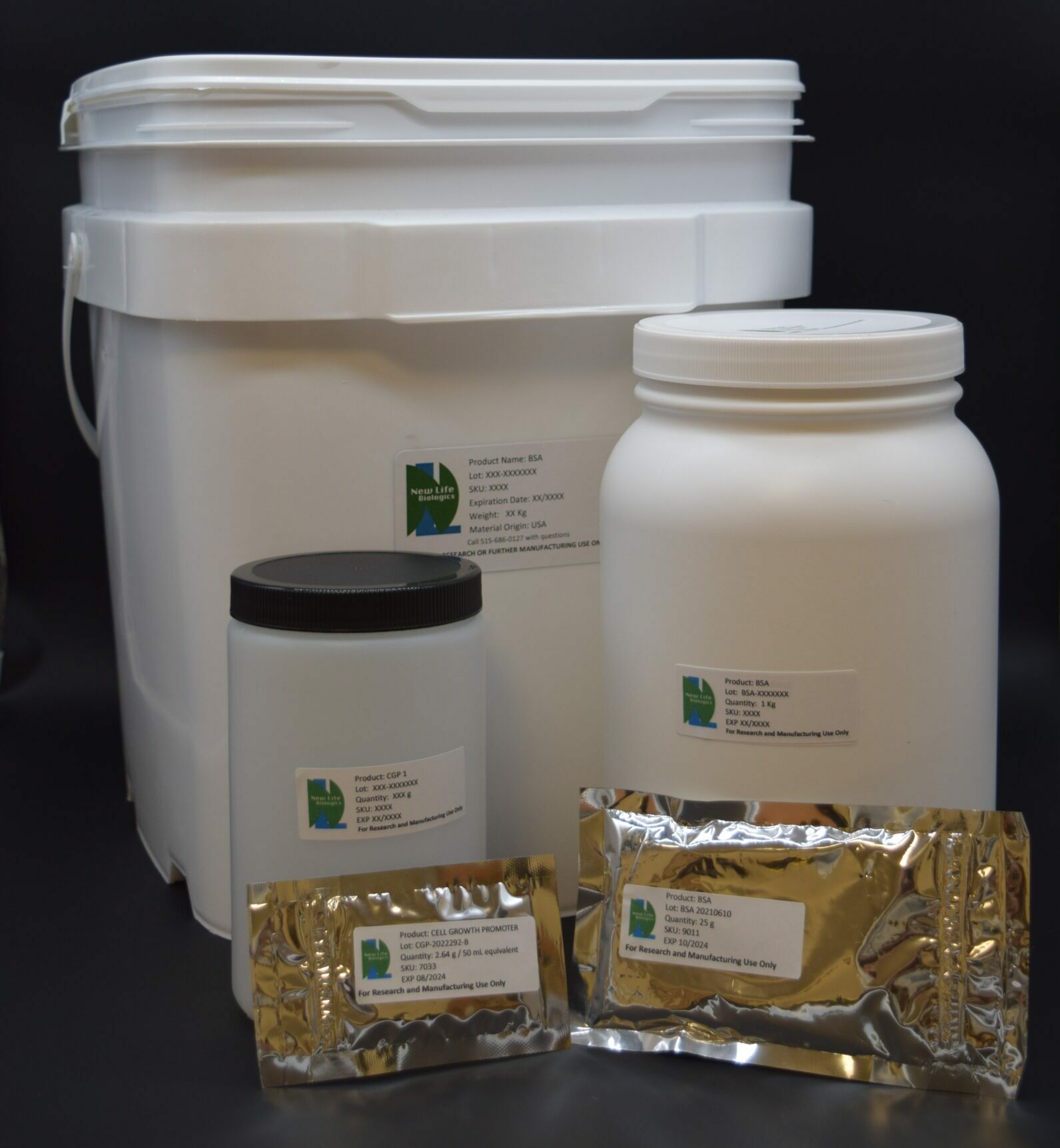Adult Bovine Plasma (ABP)
Overview
Adult bovine plasma (ABP) is a biological fluid derived from the blood of adult cows. It is a complex mixture containing a wide range of proteins, nutrients, and growth factors that are essential for the growth and survival of various cell types.
Components of ABP
ABP is composed of several key components, including:
Proteins:
These include albumin, globulins, fibrinogen, and various clotting factors.
Nutrients:
ABP contains essential amino acids, vitamins, and minerals that are necessary for cell metabolism and growth.
Growth factors:
ABP contains a variety of growth factors, such as insulin-like growth factor (IGF), platelet-derived growth factor (PDGF), and epidermal growth factor (EGF), that promote cell proliferation and differentiation.
Hormones:
ABP may also contain hormones, such as insulin and cortisol, that can influence cellular processes.
Role of ABP in Cell Culture
ABP is often used as a supplement in cell culture media to provide a complex mixture of nutrients and growth factors that support the growth and survival of cells. It can be used for a variety of cell types, including primary cells and established cell lines.
Here are some of the key roles of ABP in cell culture:
- Nutrient supplementation: ABP provides essential amino acids, vitamins, and minerals that are necessary for cell growth and metabolism.
- Growth factor supplementation: ABP contains a variety of growth factors that promote cell proliferation and differentiation.
- Protein supplementation: ABP provides albumin and other proteins that can help to maintain osmotic balance and support cell function.
- Matrix attachment: ABP can promote cell attachment to the culture surface by providing a substrate for cell adhesion.
Key Considerations for Using ABP in Cell Culture:
- Batch-to-batch variability: The composition of ABP can vary from batch to batch, which can affect its performance in cell culture.
- Contamination: ABP is a biological fluid that can be contaminated with microorganisms, such as bacteria and fungi. It is important to use high-quality ABP and take appropriate precautions to prevent contamination.
- Other considerations: The use of animal-derived products raises animal welfare concerns.
FAQs
ABP is generally considered safe for use in scientific and industrial applications when sourced from healthy animals and processed under hygienic conditions. However, it’s important to follow proper handling and storage procedures to minimize the risk of contamination.
ABP is derived from adult cows, while FBS is derived from fetal calves. FBS generally contains higher levels of growth factors and hormones, making it more suitable for certain cell culture applications. However, ABP can be a suitable alternative in some cases.
Blood is collected from healthy cows under humane conditions. The blood is centrifuged to separate the plasma from the red blood cells and other cellular components. Plasma is often filtered to eliminate microorganisms.



